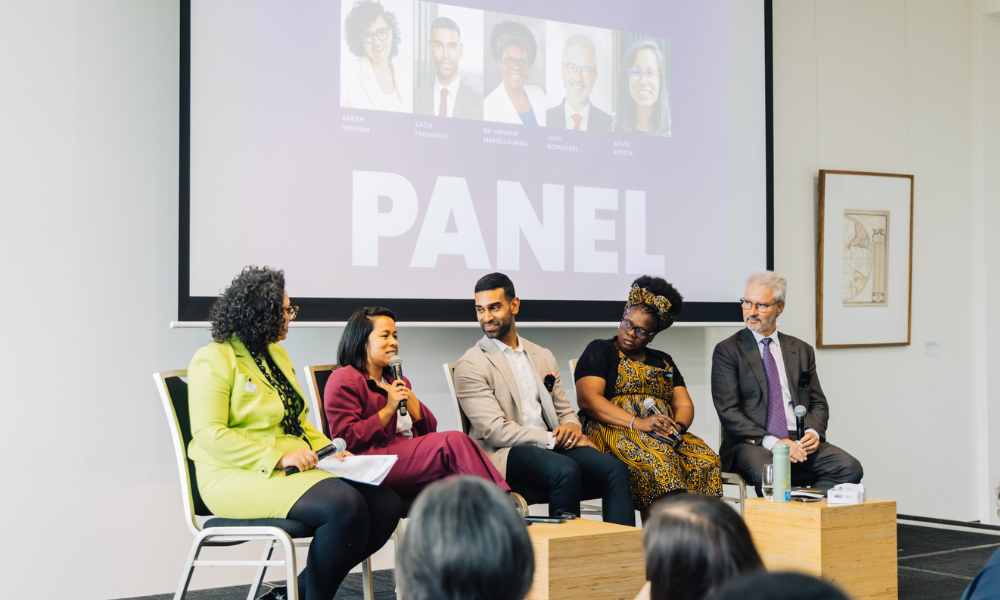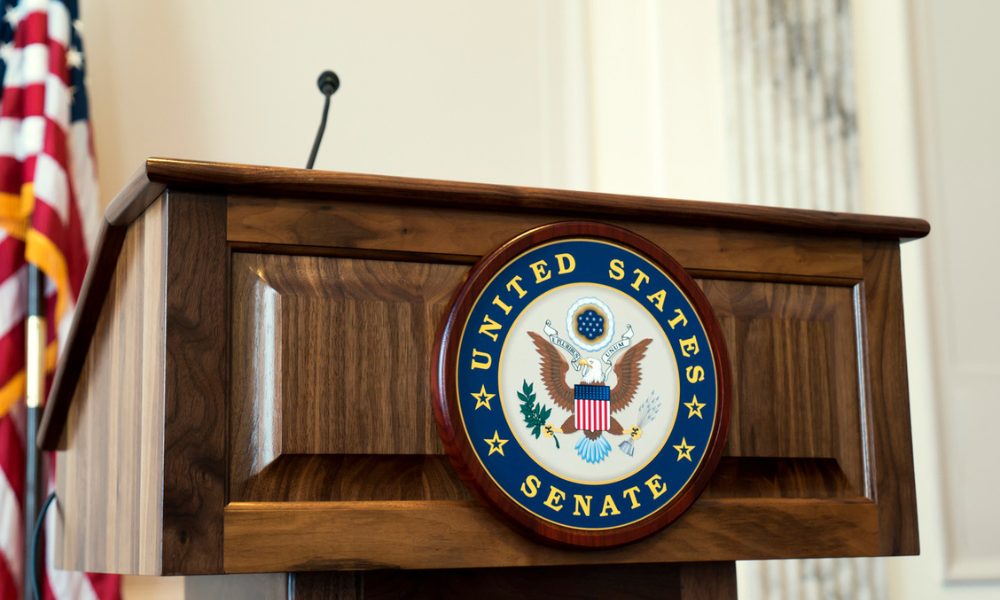Making A Murderer’s Brendan Dassey, who was scheduled to be released early November, is facing another hurdle to his freedom.
The State of Wisconsin has appealed a federal judge’s decision to overturn the murder conviction of Brendan Dassey which could see him remain behind bars.
On 12 August, US Magistrate Judge William E. Duffin granted the wrongly-convicted man’s writ of habeas corpus. He said a jury convicted Dassey based on a coerced confession in light of the case investigators’ “repeated false promises” of having “nothing to worry about” to the then 16-year-old who had no supportive adult and had intellectual deficits.
Wisconsin State Attorney-General Brad Schimel told Variety that the overturning of Dassey’s conviction is a mistake.
“We believe the magistrate judge’s decision that Brendan Dassey’s confession was coerced by investigators, and that no reasonable court could have concluded otherwise, is wrong on the facts and wrong on the law,” he said.
Schimel also stressed that Dassey’s confession has withstood the examination of two courts.
“Two state courts carefully examined the evidence and properly concluded that Brendan Dassey’s confession to sexually assaulting and murdering Teresa Halbach with his uncle, Steven Avery, was voluntary, and the investigators did not use constitutionally impermissible tactics,” he said.
Dassey, who along with his uncle Steven Avery was featured in the hit 10-part Netflix documentary Making A Murderer, was just 16 at the time freelance photographer Teresa Halbach was murdered and her burned body was found in the Averys’ auto salvage yard in 2005.
Dassey, who turns 27 this October, had been sentenced to 41 years in prison for first-degree intentional homicide, second-degree sexual assault and mutilation of a corpse.
However, doubts were cast on the conviction of both Dassey and Avery after the popular Netflix documentary. The series even spawned a White House petition that got more than 130,000 signatures urging President Barrack Obama to pardon both men.
Avery was convicted for rape in the 1980s and spent 18 years in prison until he was exonerated due to DNA evidence, only to be imprisoned again for the murder of Halbach.
Dassey’s release was scheduled to be within 90 days since judge Duffin’s decision on 12 August. Should the Wisconsin State appeal to the 7th U.S. Circuit Court of Appeals succeed, Dassey will not be released from prison.
According to Schimel, the Halbach family have been notified of the appeal and “fully supports the State’s decision to seek justice on behalf of their daughter.”
On 12 August, US Magistrate Judge William E. Duffin granted the wrongly-convicted man’s writ of habeas corpus. He said a jury convicted Dassey based on a coerced confession in light of the case investigators’ “repeated false promises” of having “nothing to worry about” to the then 16-year-old who had no supportive adult and had intellectual deficits.
Wisconsin State Attorney-General Brad Schimel told Variety that the overturning of Dassey’s conviction is a mistake.
“We believe the magistrate judge’s decision that Brendan Dassey’s confession was coerced by investigators, and that no reasonable court could have concluded otherwise, is wrong on the facts and wrong on the law,” he said.
Schimel also stressed that Dassey’s confession has withstood the examination of two courts.
“Two state courts carefully examined the evidence and properly concluded that Brendan Dassey’s confession to sexually assaulting and murdering Teresa Halbach with his uncle, Steven Avery, was voluntary, and the investigators did not use constitutionally impermissible tactics,” he said.
Dassey, who along with his uncle Steven Avery was featured in the hit 10-part Netflix documentary Making A Murderer, was just 16 at the time freelance photographer Teresa Halbach was murdered and her burned body was found in the Averys’ auto salvage yard in 2005.
Dassey, who turns 27 this October, had been sentenced to 41 years in prison for first-degree intentional homicide, second-degree sexual assault and mutilation of a corpse.
However, doubts were cast on the conviction of both Dassey and Avery after the popular Netflix documentary. The series even spawned a White House petition that got more than 130,000 signatures urging President Barrack Obama to pardon both men.
Avery was convicted for rape in the 1980s and spent 18 years in prison until he was exonerated due to DNA evidence, only to be imprisoned again for the murder of Halbach.
Dassey’s release was scheduled to be within 90 days since judge Duffin’s decision on 12 August. Should the Wisconsin State appeal to the 7th U.S. Circuit Court of Appeals succeed, Dassey will not be released from prison.
According to Schimel, the Halbach family have been notified of the appeal and “fully supports the State’s decision to seek justice on behalf of their daughter.”







